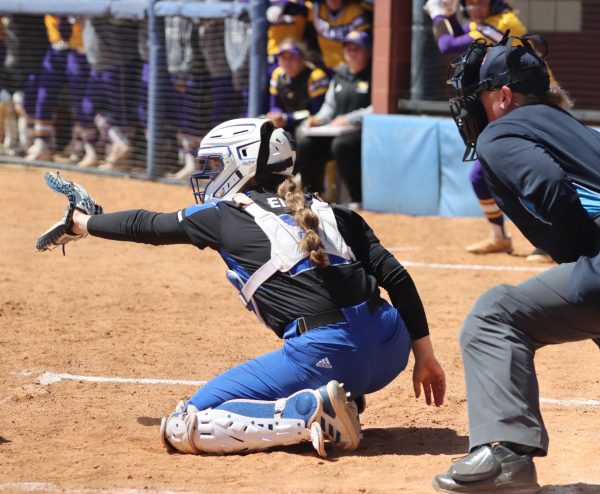Editorial: Avoid binge drinking as a break from studying
The weekends are getting warmer, the end of the year is getting closer; the perfect time to hit up the nearest bar and/or house party and get drunk, right?
Not quite.
It is important to realize what most may use as a stress reliever and/or as a social activity should be taken seriously.
According to the Centers for Disease Control and Prevention, alcohol is the most commonly abused and used drug in the United States among youth and more than 90 percent of that is consumed in the form of binge drinking.
College-aged students are a part of these statistics.
The CDC reported that binge drinking is highest with 18- to 20-year-olds at about 51 percent compared to other age groups.
Binge drinking is not a new concept, but it typically refers to men who consume five or more drinks or women who consume four or more drinks in a two-hour time span.
It is safe to say binge drinking takes place on just about every college campus; and it has its dangers, which can be anything from the mild, such as missing class, to the severe, such as unsafe sexual activity, sexual assault and injuries.
The National Institute on Alcohol Abuse and Alcoholism estimates that 25 percent of college students report academic problems because of drinking.
It also reports more than 400,000 students between the ages of 18 and 24 have unprotected sex, more than 696,000 students in the same age group are assaulted and 599,000 students are unintentionally injured – all because of alcohol.
The consequences of binge drinking don’t end there.
The CDC reported in 2005 that there were about 21,634 alcohol-related deaths in the United States, excluding accidents and homicides.
Furthermore, the NIAAA reports that about 1,700 college students between the ages of 18 and 24 die each year from alcohol-related injuries including vehicle accidents.
Alcohol use and abuse is serious.
As the semester wraps up and you may want to take a night off from studying to relax and be social, just remember the consequences, because no one should become just another statistic.
For more alcohol-related statistics, check out www.cdc.gov and www.niaaa.nih.gov.
The editorial is the majority opinion of The DEN editorial board. Reach the opinions editor at [email protected].










































